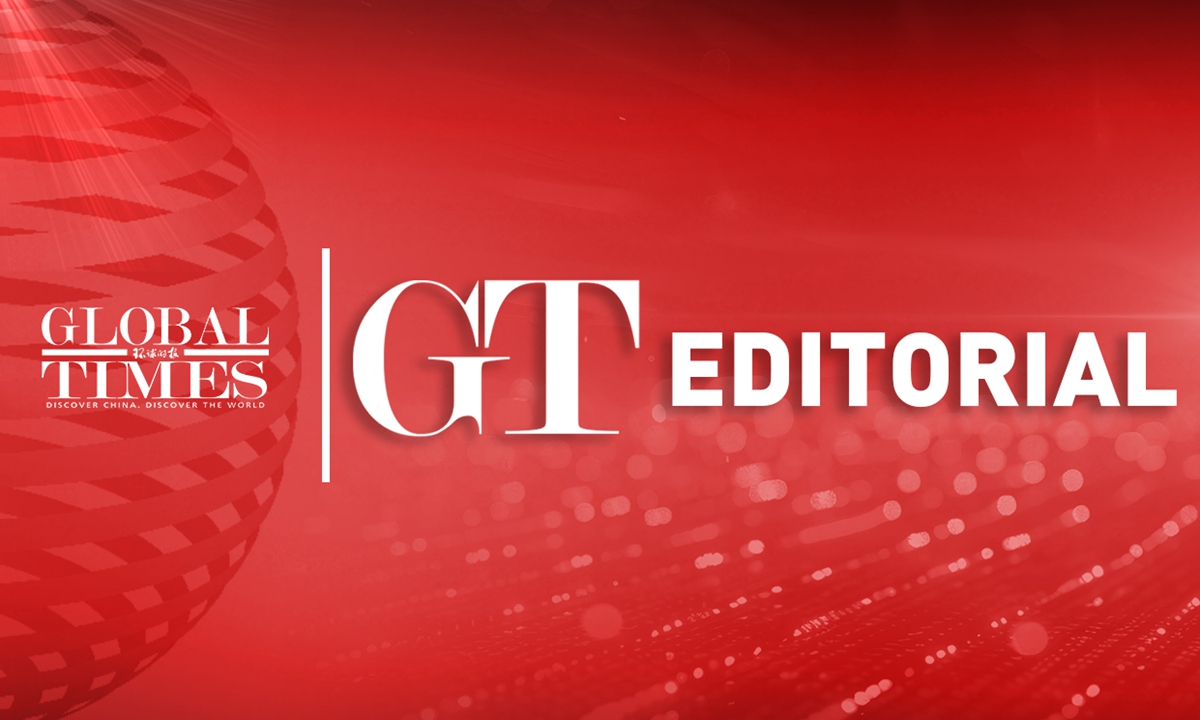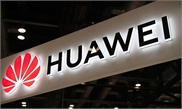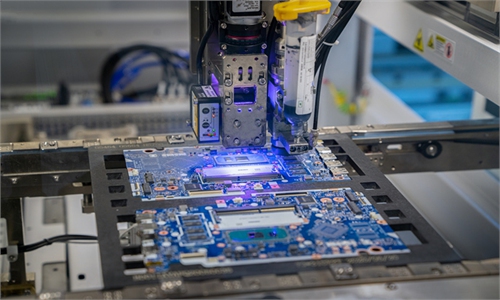;
Policy shift in U.S. AI chip exports: Catalyst for China's homegrown innovationHuawei Launches World's Most POWERFUL AI Chip SHOCKING The U.S.!
China has blasted a new U.S. rule against use of Ascend computer chips made by Huawei Technologies anywhere in the world, chafing Thursday against the limitations of a temporary truce in the trade war between the two biggest economies.
Beijing moved ahead, however, with fulfilling its promise to lift retaliatory measures it imposed after U.S. President Donald Trump escalated his trade war, raising tariffs on Chinese products to as high as 145%. One key action was to remove a ban on exports to the United States of minerals known as rare earths that are used in many high-tech products.
Despite the deal struck last weekend in Geneva, frictions remain.
Earlier this week, the U.S. Commerce Department's Bureau of Industry and Security issued guidance saying that Huawei's Ascend semiconductors are subject to U.S. export controls, on the basis that they are thought to employ U.S. technology.
“These chips were likely developed or produced in violation of U.S. export controls,” it said in a statement on its website, adding that “the use of such PRC advanced computing ICs risks violating U.S. export controls and may subject companies to BIS enforcement action.”
China's Commerce Ministry responded that the move was "not conducive to long-term, mutually beneficial, and sustainable cooperation and development between the two countries. The Chinese side urges the U.S. side to immediately correct its erroneous practices,” said ministry spokesperson He Yongqian.
Huawei's Ascend chip is central to China's effort to build its own capacity to build leading edge computer chips and other technologies. Analysts say use of the chip in China's DeepSeek artificial intelligence effort reflects a potential challenge for Nvidia in the global AI market.
He also lashed out against U.S. tariffs on imports of Chinese steel and aluminum, which have not gotten a reprieve after Beijing and Washington agreed to their pause in many tariff increases.
She said the U.S. should give up its use of Section 232 of the Trade Expansion Act of 1962, which gives the president power to impose tariffs on other countries on national security grounds.
In February, Trump drew on that authority to restore 25% tariffs on steel and aluminum that he had imposed during his first term in office.
Speaking at a weekly ministry briefing, He urged the US to end the higher tariffs “as soon as possible."
The 30% levy that America is now imposing on Chinese goods includes an existing 20% tariff intended to pressure China into doing more to prevent the the synthetic opioid fentanyl from entering the United States. It also includes the same 10% “baseline’’ tariff Trump has slapped on imports from most of the world’s countries. The 30% tax comes on top of other levies on China, including some left over from Trump’s first term and kept by former President Joe Biden.
China is imposing a 10% tariff on U.S. products during the 90-day negotiating period.
AP by ELAINE KURTENBACH
China absolutely won’t accept suppression, vows to safeguard Chinese firms’ right, FM on US curbs on Huawei AI chips
Chinese Foreign Ministry Spokesperson Lin Jian
In response to a recent announcement by the US Commerce Department's Bureau of Industry and Security, which claimed that using Huawei's Ascend chips anywhere in the world violates US export controls and it warned the public about the potential consequences of allowing US artificial intelligence chips to be used to train Chinese AI models, Chinese Foreign Ministry spokesperson Lin Jian said on Friday that the US overstretches the concept of national security, abuses export control measures and long-arm jurisdiction and imposes malicious restrictions and crackdown on Chinese chip products and AI industry based on unfounded accusations.
The US move seriously undermines market rules, disrupts the stability of the global industrial and supply chains, and gravely undermines the legitimate rights and interests of Chinese companies, Lin said.
China strongly opposes and absolutely won't accept such actions and we urge the US to immediately correct its wrongful practice, stop the reckless suppression of Chinese tech companies and the AI industry, Lin said. China will take resolute measures to safeguard the legitimate rights and interests of Chinese enterprises, Lin said. - By Global Times
Related posts:
Can Huawei break the Mac-Windows duopoly?










